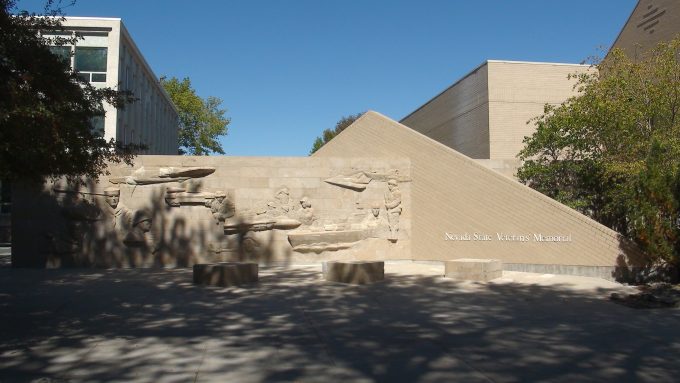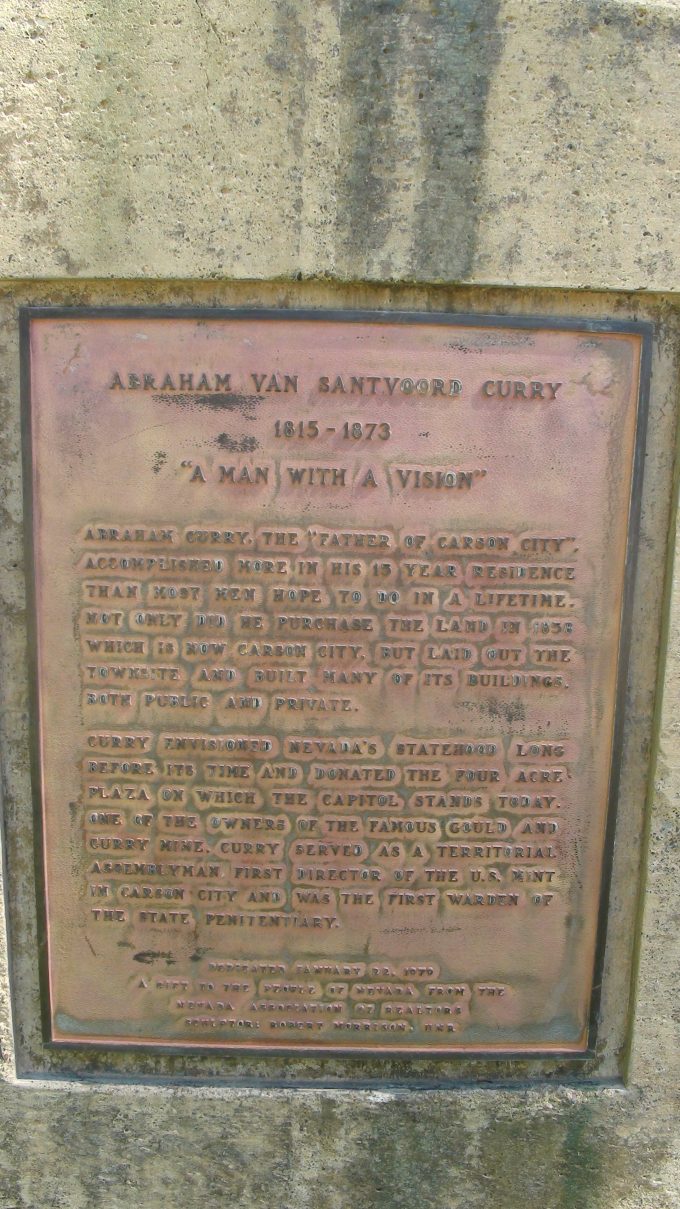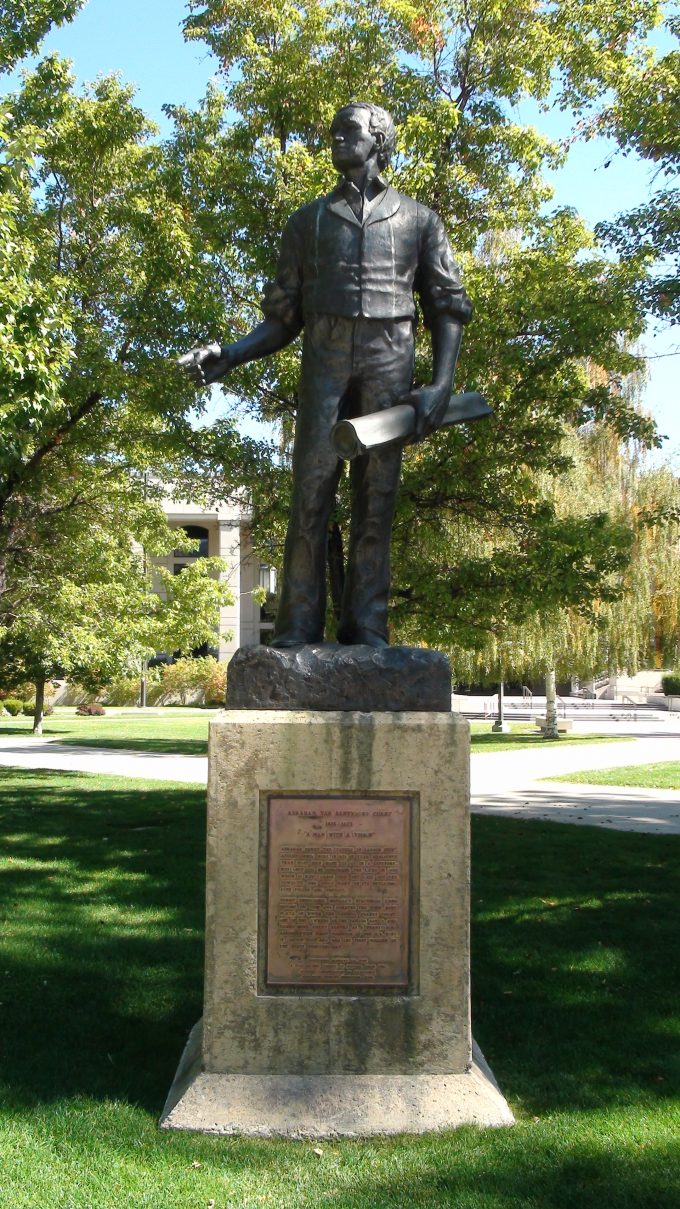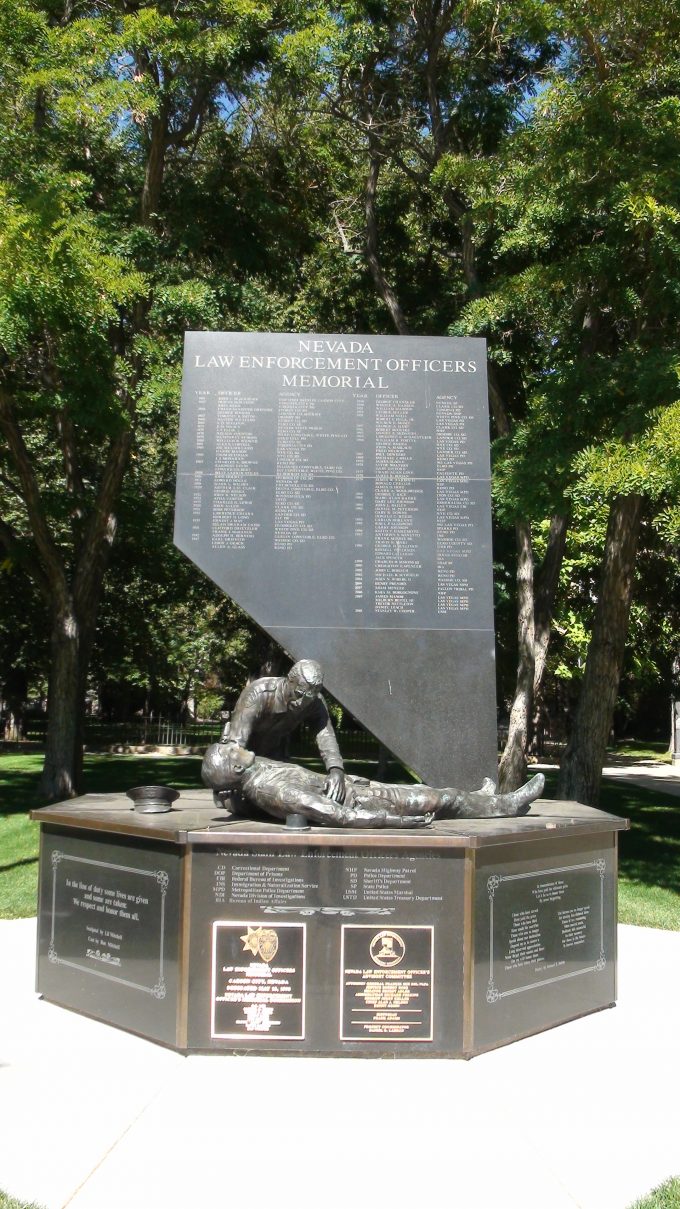
Tuesday, 28 August 2018
Inasmuch then as the children have partaken of flesh and blood, He Himself likewise shared in the same, that through death He might destroy him who had the power of death, that is, the devil, Hebrews 2:14
The words, “Inasmuch then,” take us back to take us back to verses 9 & 10. This becomes clear by the next words, “as the children have partaken of flesh and blood.” As already noted, Jesus became incarnate that he “might taste death for everyone.” The author builds upon that thought here. He notes that He did this thing, having “partaken of flesh and blood…” The Greek is reversed here. It actually reads “blood and flesh” as it is also found in Ephesians 6:12.
The life is in the blood, and thus without the blood, there would be no movement of the flesh. A war is being waged against man which necessitated Christ to come as a Man just as we are. Blood ran through His body and He walked among us as He waged His battle against the forces of evil. This is evidenced by the words, “He Himself likewise shared in the same.” John, right at the beginning of His gospel, stressed this point. In John 1:14, he said, “And the Word became flesh and dwelt among us, and we beheld His glory, the glory as of the only begotten of the Father, full of grace and truth.” He begins his first epistle with that same thought in 1 John 1:1-3.
The author continues next by saying that Jesus Christ came and shared in our humanity so “that through death…” The implication here is that Jesus Christ ultimately came to die. The author has already stressed that He “might taste death for everyone” (verse 1:10). He now says that the sharing in humanity looked to his death as the goal. It was not a mistake or something that merely might have taken place if needed, but that His death was the necessary and logical outcome of having come. It had to occur in order to accomplish that which needed to be done. As God cannot die, the incarnation was necessary. But even more, an angel could not be sent to accomplish this either, because angels cannot die either. They are spirit beings. They have a beginning, but no end. Only in the incarnation could what needed to be done actually come about. And this was that “He might destroy him who had the power of death.”
The wording is incorrect. It should say something like, “He might make ineffective, him who had the power of death.” The devil is not now destroyed, nor will he ever be. He won’t be removed from the scene until the time of the millennium (Revelation 20:3), and he won’t be cast into the Lake of Fire until after the millennium (Revelation 20:10). Even in the Lake of Fire, he will not be destroyed, but will continue on in eternal punishment. However, his power has been brought to nothing for the redeemed of the Lord. It is the devil who has “the power of death.” In dying, Christ was able to render that power ineffective. As He said at the grave of Lazarus –
“I am the resurrection and the life. He who believes in Me, though he may die, he shall live. 26 And whoever lives and believes in Me shall never die.” John 11:25, 26
He was not speaking of physical death so much as spiritual death, which is separation from God. It is spiritual death that man experienced at the fall, and which has been inherited by all humans since then. Once a person believes in the work of Christ, they move from death to life. They can never again “die” meaning be separated from God. Christ’s physical death was necessary for this spiritual (and eternal) life to come about in men.
The author finishes up the verse with the thought that it is “the devil” who holds the power of death. Albert Barnes most eloquently explains the universality of the power of the devil –
“The palace cannot exclude him; and he comes unbidden into the cottage. He finds his way to the dwelling of ice in which the Esquimaux and the Greenlander live; to the tent of the Bedouin Arab, and the wandering Tartar; to the wigwam of the Indian, and to the harem of the Turk; to the splendid mansion of the rich, as well as to the abode of the poor. That reign of death has now extended near 6,000 years, and will travel on to future times – meeting each generation, and consigning the young, the vigorous, the lovely, and the pure, to dust. Shall that gloomy reign continue forever? Is there no way to arrest it? Is there no place where death can be excluded? Yes: heaven – and the object of the Redeemer is to bring us there.”
The devil possessed absolute power over death, and death came to all. Therefore, it was necessary that Jesus Christ should come and die for us. In doing so, He has broken the bonds of death, and He has released us from its terrifying power. This is the love of God, and the power of that love, as is found in Jesus Christ the Lord.
Life application: Who else has died for mankind that he might be redeemed from the power of death? None have done so because all were already consigned to the same fate. But God in Christ was not. Instead, He voluntarily gave up His life to free us from death. How should we respond to this fact? By hiding it away? By remaining timid about “offending?” By being callous towards those who still face the sad end we have been delivered from? By no means! We are to open our mouths and speak. Once physical death has overcome the spiritually dead soul, it will remain that way forever. Let us not ignore that horrifying possibility in our fellow man.
Lord God, Christ came to share in our humanity in order to render the power of the devil ineffective. Apart from Jesus, that evil serpent has full power over the fate of all men. But Christ has overcome! He has prevailed! And through Him, we are born again to new and eternal life. May we never remain silent about the truth of Jesus Christ. Apart from Him, all men will remain eternally separated from You. But in Him, we are united forever. Help us to be bold in our words of restoration and life as we speak out about Jesus. Amen.




